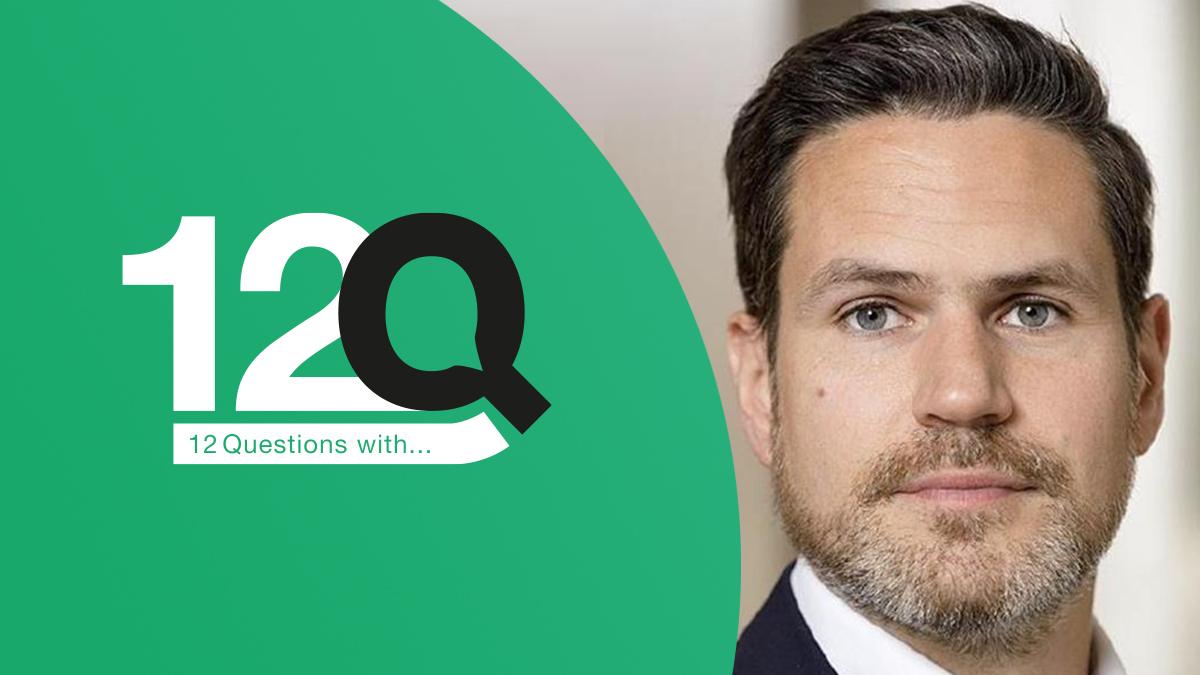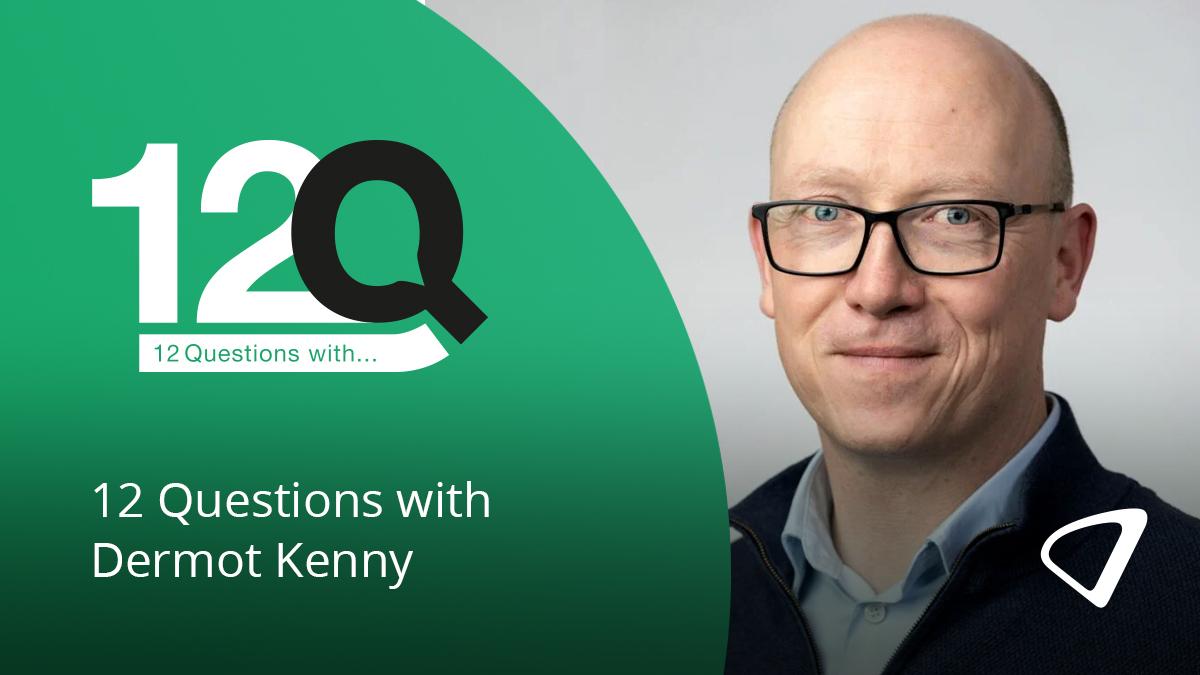12 Questions with David Long

12 Questions with David Long
David Long leads the Oncology Business Unit at MSD in the UK and brings a wealth of experience from his 20 years within the organisation, having held a variety of local, regional and global roles.
What are the main responsibilities of your current role? As the Head of Oncology, I lead our cross-functional team in the UK to deliver solutions and drive positive change for cancer patients, with the aim of improving and extending peoples’ lives. We do this through developing and delivering innovative treatment options, working with the healthcare system to navigate pathway challenges and by listening to the needs of patient groups and supporting them with their priorities.
What is your background prior to this role and how did it prepare you for the work you do now? I am lucky enough to have worked in a variety of roles for MSD in local markets, regional and global. Having insights and experience from those roles certainly helped to prepare me for my current role, both in terms of understanding the external environment and how the organisation works.
What is your proudest professional accomplishment to date? I am proud to lead a team that is transforming the way that many cancers are managed and in turn, changing expectations for thousands of patients.
What are the most important professional skills in your work and how do you hone them? We are at our best when we apply curiosity, collaboration and focus to our work. MSD has a been part of the UK oncology community for a number of years and for us to remain a leader, we have to keep an open mind, react to the changing external environment, and understand how our priorities align with those of the wider community. Crucially, we have a culture of focusing on what matters most and where we have can have the greatest impact for patients and the health system.
What excites you most about current industry trends? I am excited by the pace of innovation, both in terms of how we discover and develop medicines and vaccines and in how we can engage and interact with customers, stakeholders, and patients.
With the healthcare system and cancer services as stretched as they are, I am becoming increasingly aware of how we can add value through our stakeholder interactions, notably through our work mapping out pathway challenges within Cancer Alliances and Trusts. For example, we ran a systemic anti-cancer therapy (SACT) Capacity Workshop with a Trust and Cancer Alliance, which resulted in the ability to offer adjuvant treatment to 140 patients. Without this support, they had determined they would be unable to provide access to early-stage treatment options.
If you could change one thing about the pharma industry, what would it be? For good reason, we are very careful in how we engage externally and our priority is, and should always be, ensuring we do so in line with the highest ethical standards. What this means for all of us adhering to these standards is that the pharmaceutical industry is sometimes less able to engage in discussion around broader societal issues. Since the start of the pandemic, we have seen greater understanding of the pharma industry within society, and I hope that this continues to develop in time.
How do you foster diversity in your workplace? Diversity and creating an inclusive environment underpin everything we do, be it throughout our hiring processes or day-to-day through our Networks Assemble, comprised of Employee Business Resource Groups (EBRGs) that champion diversity and inclusion throughout the UK business.
I feel proud to be part of an organisation that truly encourages and embraces diversity, both internally and through our external work addressing variation in patient outcomes.
How has the COVID-19 pandemic changed your work or your workplace culture? At the outset of the pandemic, we adapted our ways of working to ensure we had the flexibility, infrastructure, and processes in place to foster a collaborative working environment despite the lockdown we found ourselves in.
Three years on, it’s interesting to see how many of the changes made then have stood the test of time. I now see greater awareness of the importance of mental health and work-life balance across the business, and an open-minded approach to flexibility so that teams can shape a working environment around their needs, and the needs of our customers and stakeholders.
What advice would you give to a young person starting out in your field? Oncology is a rapidly evolving therapy area, with innovative science and complex pathway challenges that we as industry need to understand and address respectively.
My advice to someone starting out is to ask lots of questions, not just about what they need to know in that moment but about what it means for patients and the bigger picture. By understanding what our work means for patients and being guided by their needs, we make better decisions and finish work each day knowing we are driving positive change.
What are your hobbies? What do you do in your free time? Trying to exercise in between spending time with the family, dog and at work!
Do you have any pets? What are their names and what are they like? We have a nine-year-old, always hungry, black Labrador called Zola (not named after the footballer in case you were wondering, we just wanted something beginning with 'Z' that was easy to call on walks).
What’s the best film or TV show you’ve watched in the last year? Peaky Blinders – bring on the movie!
Connect with David Long on LinkedIn.













